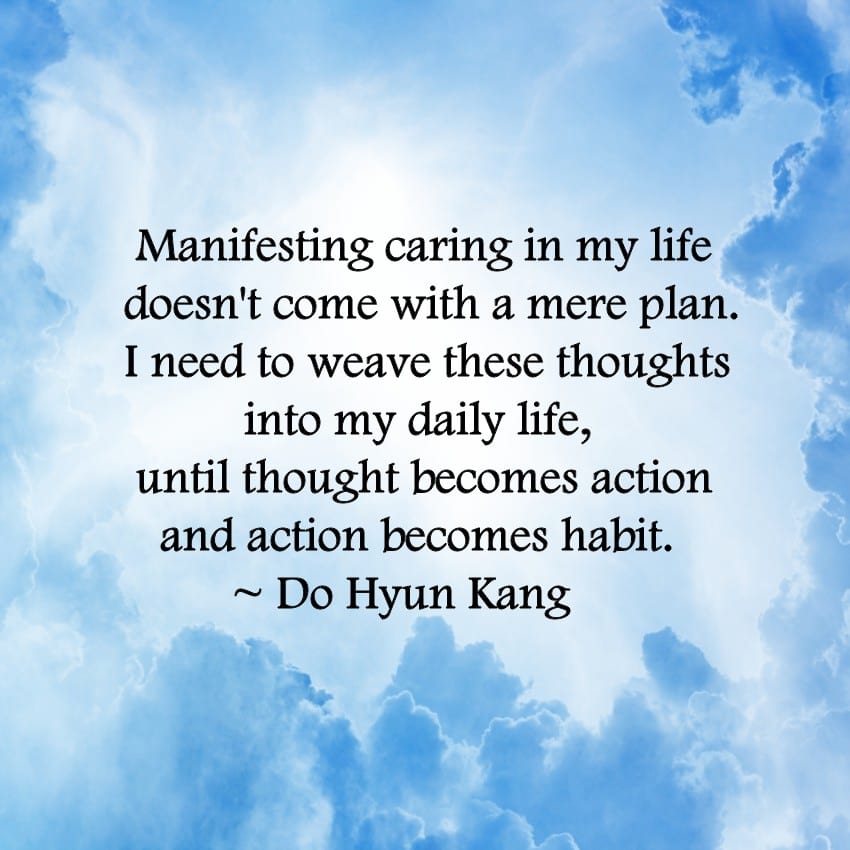Most people have a chapter of their life they don’t want to read again. When I entered high school, kids referred to me as the “fat kid,” and threw jokes at my face on a daily basis. I began to eat less, and eventually pursued a pathological path for physical perfection. I lived off three bananas and a small bowl of cereal each day. I looked like a walking skeleton, but I couldn’t stop myself. The worst part was that I was a boy. Male anorexia was unheard of by most people then and even today, it’s widely considered a “girl’s disease.” So I couldn’t ask for help. I was too scared I’d be judged. I avoided my friends and family because they were the ones who were forcing me to eat. They wanted to care for me; they just didn’t know how. Then one day, a girl approached me at school. She said, “I know what you’re going through,” and handed me a piece of chocolate. For a few days thereafter, she brought me a small piece of food after class. For the first time, I wasn’t demanded by someone to eat more, or to gain some weight. She made me feel that I wasn’t alone, and gave me the courage to look at my situation in the eye and to take a small step each day towards fixing them.
I learned that it’s not always those who love you most who end up caring for you. My family certainly loved me, but they focused on the direct response to my physical needs rather than my emotional state. For me, caring is to use your own experiences to touch someone in a way they could never have been touched otherwise. But because I must consciously try to guide my behavior in order to care for others, caring often becomes a nagging passenger in my mind. To embrace it in my life I must first adopt an empathetic perspective; I must perceive the concerns of others through the prism of their individuality, rather than through my own. To do so, I have to consider aspects such as their age, gender, cultural background, and financial situation. This requires my commitment to interpersonal relationships with the people around me by regularly checking in with them and being updated with their life events. However, although caring is often thinly masked by empathy, the two are not equivalent, as to merely say, “I feel your pain” is not enough. I must also be attentive of how my actions might affect others, by avoiding being too caught in my own worries and needs. With an empathetic perspective and an attentive inclination, I am then prepared to reach out and listen in a non-judgmental manner. It’s not always the most direct and honest advice that helps those who are suffering – sometimes, we need to sugar the pill to care for them. But manifesting caring in my life doesn’t come with a mere plan. I need to weave these thoughts into my daily life, until thought becomes action and action becomes habit. As caring should ultimately be a process of mutual nurturance, it is essential I also make sure that I care for myself and avoid being labored by the process of caring for others.

